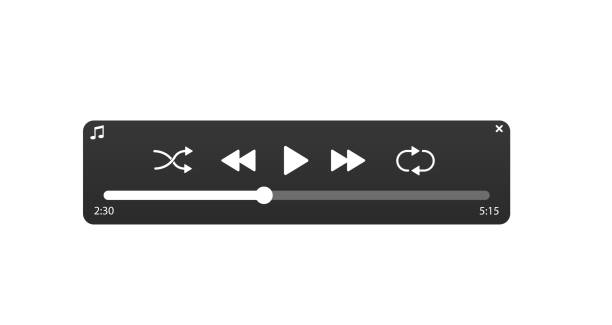In the vast landscape of online media consumption, YouTube stands tall as one of the most popular platforms for streaming videos. From educational content to entertainment, it offers a plethora of videos catering to diverse interests. However, despite its convenience, users often find themselves wanting more flexibility, leading to the rise of YouTube downloaders. These tools allow users to save videos for offline viewing, but their usage raises questions about copyright infringement and ethical considerations.
YouTube downloaders have gained immense popularity due to their ability to address several user needs. Primarily, they provide a solution for individuals with limited internet access or those who want to watch videos without consuming data. Additionally, downloading videos allows users to create offline playlists, curating content tailored to their preferences. Furthermore, content creators utilize downloaders to archive their own videos or gather research material for projects.
The functionality of YouTube downloaders is relatively simple. Users input the URL of the video they wish to download into the downloader tool, select their preferred format and quality, and initiate the download process. Within moments, the video is saved onto their device, ready to be viewed offline at their convenience. Some downloaders even offer options to extract audio or download entire playlists, enhancing the user experience.
However,
The legality of YouTube downloader remains a contentious issue. While downloading videos for personal use may not inherently violate copyright laws in certain jurisdictions, redistributing or monetizing downloaded content without permission crosses ethical and legal boundaries. YouTube’s terms of service explicitly prohibit the downloading of videos without explicit consent from the content creator or where permitted by law.
From a copyright perspective, YouTube downloaders operate in a gray area. Content creators rely on ad revenue generated from views on their videos, and downloading them deprives them of potential income. Additionally, downloading copyrighted material without authorization undermines the rights of creators and the platform itself. In response, YouTube employs various measures to deter downloading, such as implementing DRM (Digital Rights Management) technologies and issuing copyright strikes against infringing users.
Despite these concerns,
proponents of YouTube downloaders argue that they serve legitimate purposes beyond piracy. Educational institutions, for instance, may use downloaders to save instructional videos for offline use in classrooms where internet connectivity is unreliable. Furthermore, individuals in regions with restricted internet access may rely on downloaders to access valuable educational or informational content that would otherwise be inaccessible.
Nevertheless, the ethical implications of using YouTube downloaders cannot be overlooked. While there may be valid reasons for downloading videos, such as archiving or offline viewing, users must consider the impact on content creators and respect their intellectual property rights. Supporting creators through legitimate channels, such as subscribing to their channels or purchasing their content, fosters a sustainable ecosystem for online content creation.
Conclusion,
YouTube downloaders offer users a convenient way to save and access videos offline, but their usage raises complex legal and ethical considerations. While they serve legitimate purposes, their widespread use for unauthorized downloading poses challenges to copyright enforcement and content creators’ rights. As technology continues to evolve, stakeholders must collaborate to strike a balance between user convenience and copyright protection, ensuring a fair and sustainable digital environment for all.
